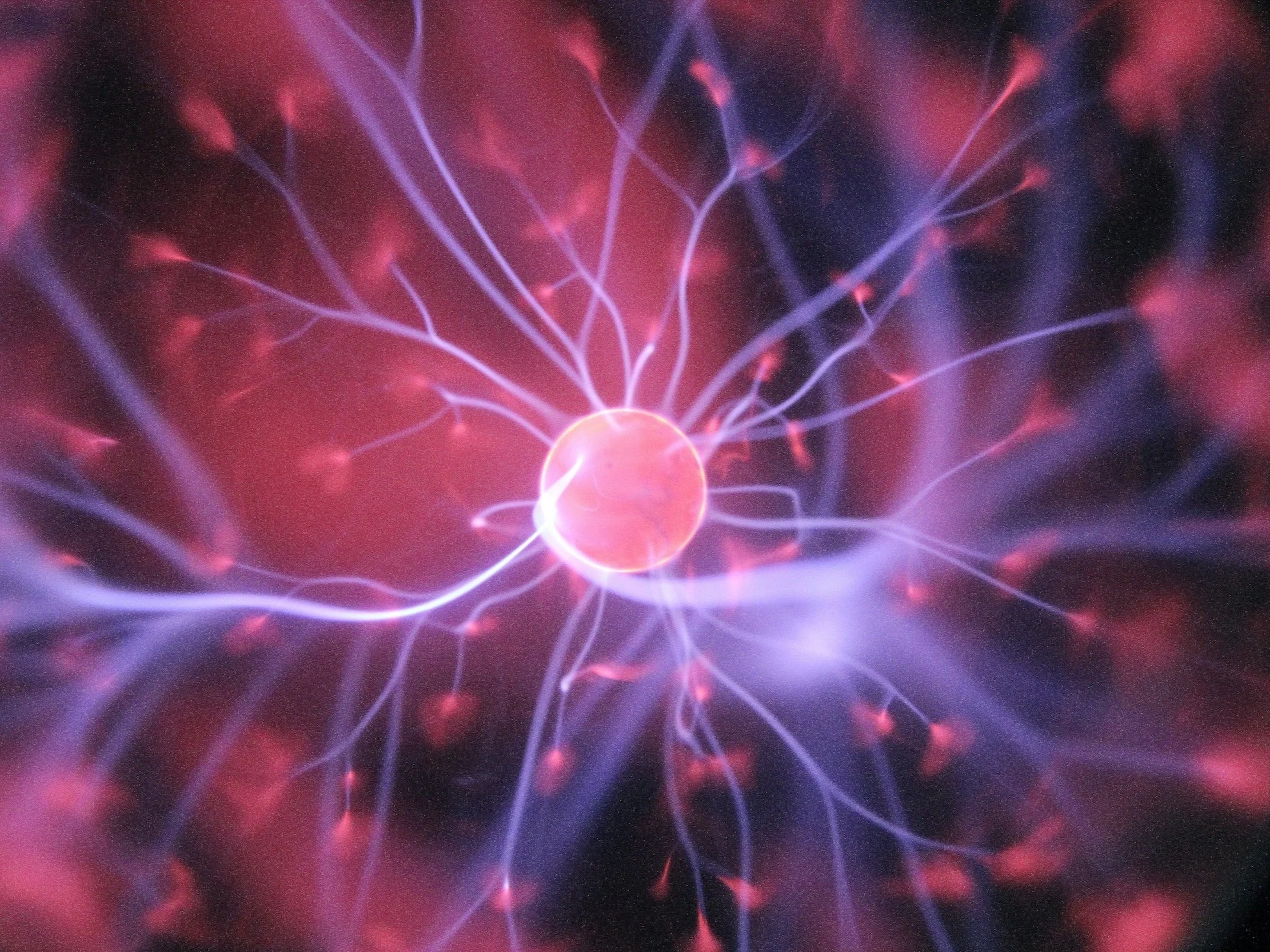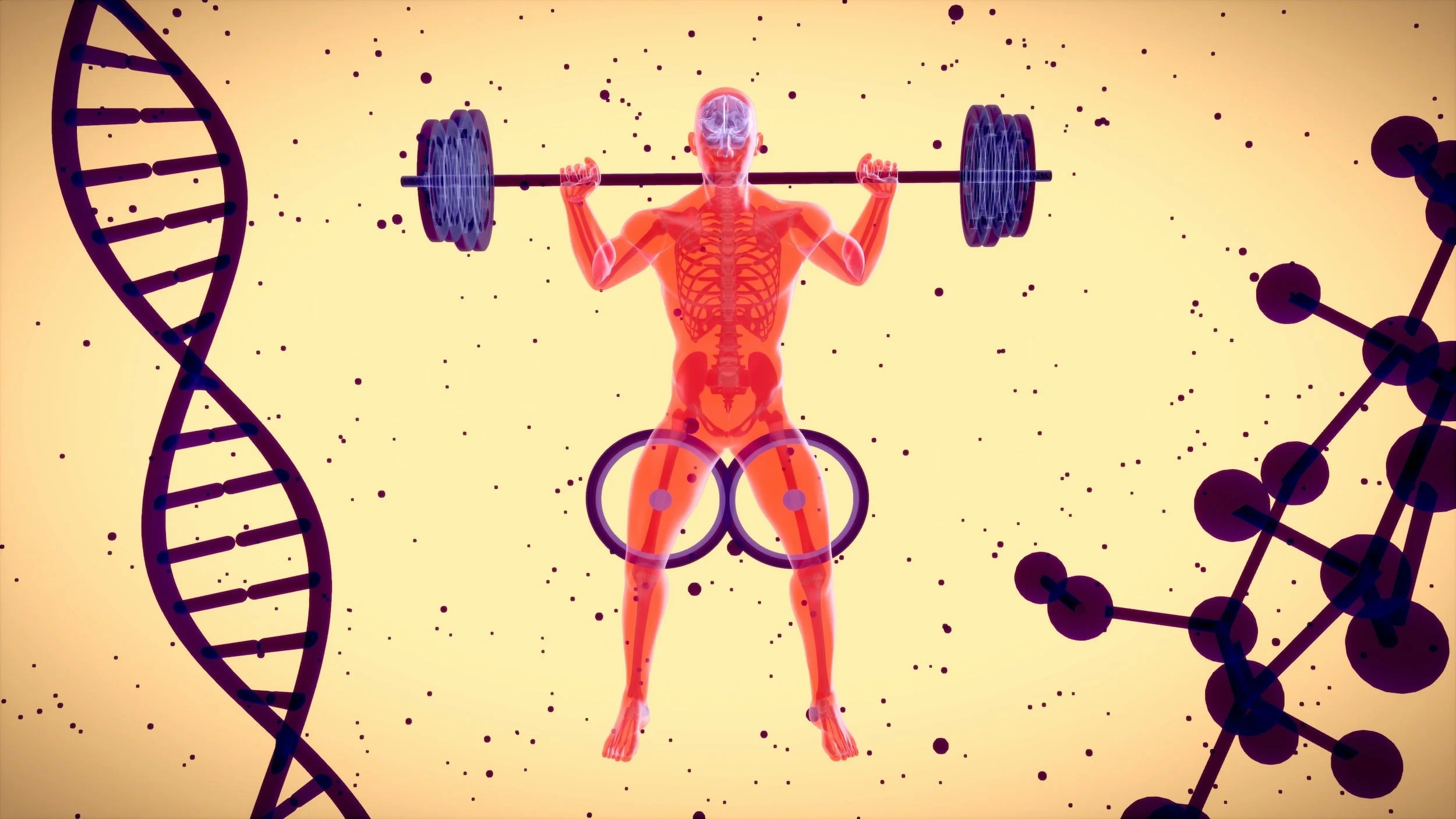Why is Dopamine referred to as the "Motivational Molecule"?
Dopamine is a chemical messenger, or neurotransmitter, that plays a key role in the brain's reward and motivation system. It is involved in the regulation of movement, emotion, and the ability to experience pleasure and pain.
When an individual experiences something pleasurable, such as eating good food or receiving a compliment, dopamine is released in the brain, leading to feelings of happiness and satisfaction. This release of dopamine helps to reinforce behaviors associated with the pleasurable experience, making it more likely that the individual will repeat that behavior in the future.
Dopamine plays a role in the brain's decision-making process. It helps to control the brain's ability to focus and pay attention, and it is involved in the formation of habits and routines. This is why dopamine is often referred to as the "motivation molecule".
Dopamine is involved in the brain's stress response. When an individual is under stress, dopamine levels can decrease, leading to feelings of anxiety and depression. A lack of dopamine can also lead to a lack of motivation, making it difficult for an individual to initiate or complete tasks.
In addition to its role in the brain's reward and motivation system, dopamine is also involved in the regulation of movement. Parkinson's disease is a disorder caused by a lack of dopamine in the brain, which leads to tremors, stiffness, and difficulty with movement and coordination.
In conclusion, dopamine is a key neurotransmitter in the brain, which plays a critical role in the regulation of movement, emotion, and the ability to experience pleasure and pain. It is involved in the brain's reward and motivation system, decision-making process, stress response, and the formation of habits and routines. Understanding the role of dopamine in the brain can provide insight into a wide range of mental health and neurological conditions.





